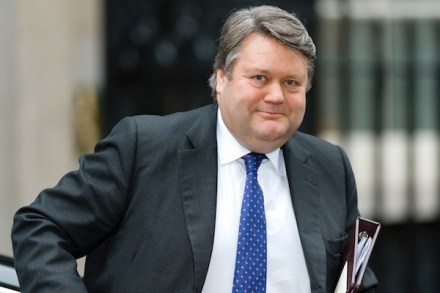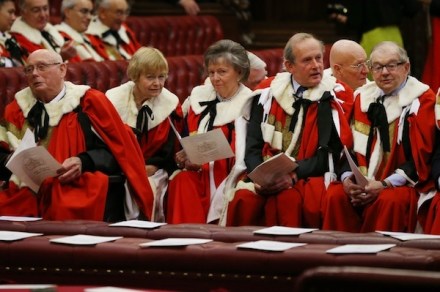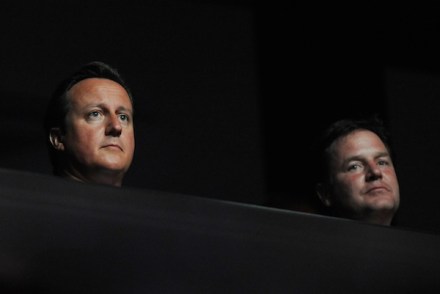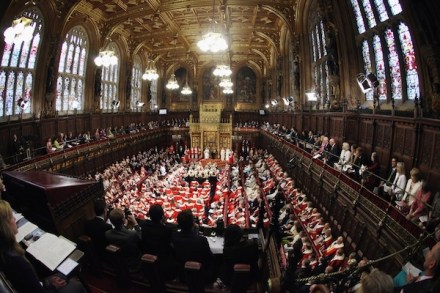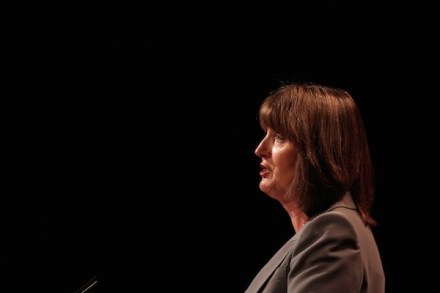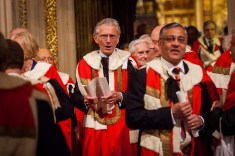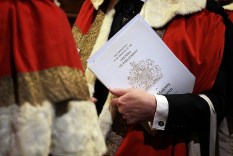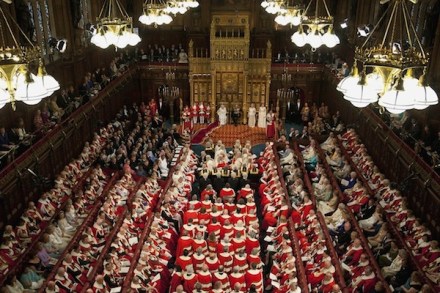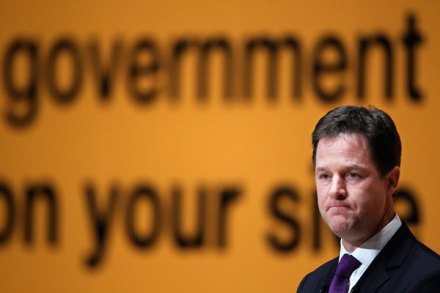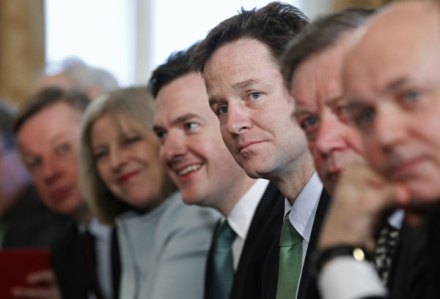Lord Strathclyde resigns over frustration with Lib Dem peers
Lord Strathclyde was a skilful leader of the House of Lords. An immensely charming man, he was — generally — able to coax legislation through a chamber where the government has no majority. But he was becoming increasingly frustrated at the behaviour of some Liberal Democrat peers. Shortly before Christmas and as Liberal Democrat Lords rampaged against the Cameron-Clegg compromise on secret courts, he remarked to one colleague that the ‘coalition had already broken down’ in the House of Lords. The lack of a government majority in the Lords and the fact that Liberal Democrat peers tend to hail from the left of the party means that even with Lords
